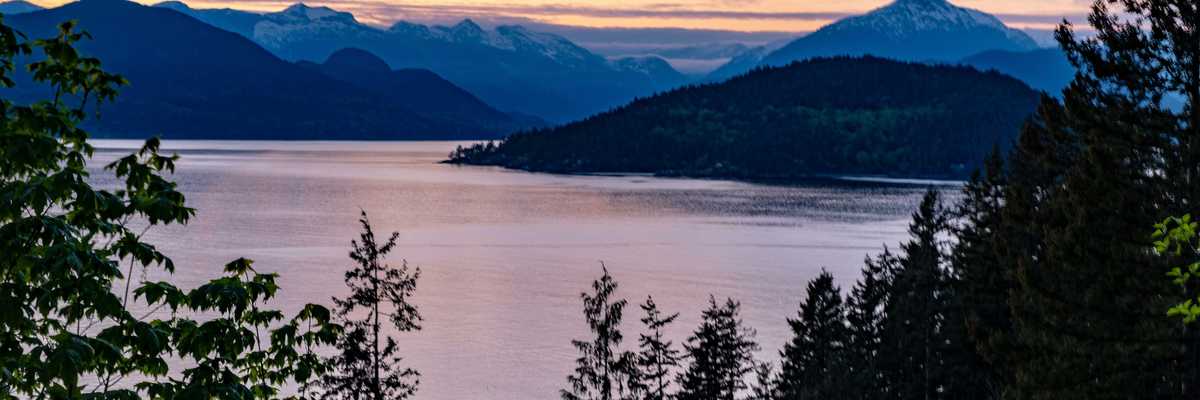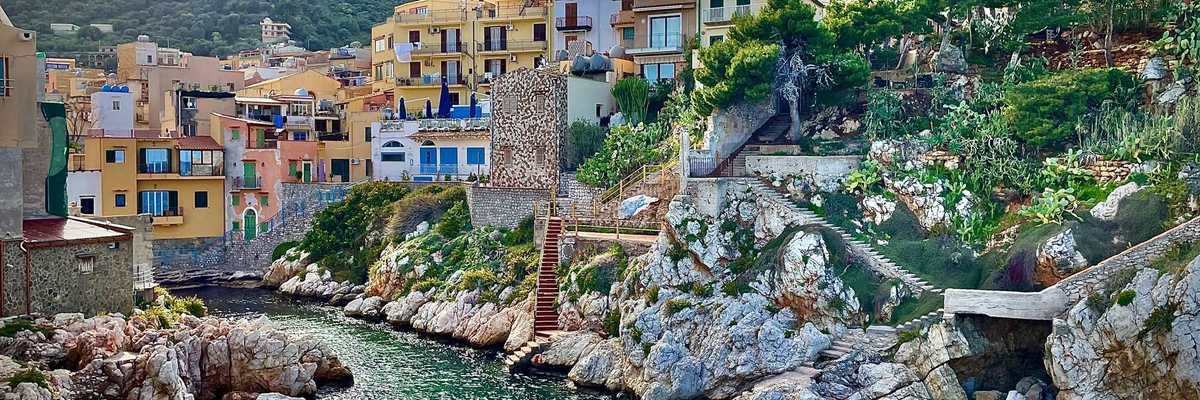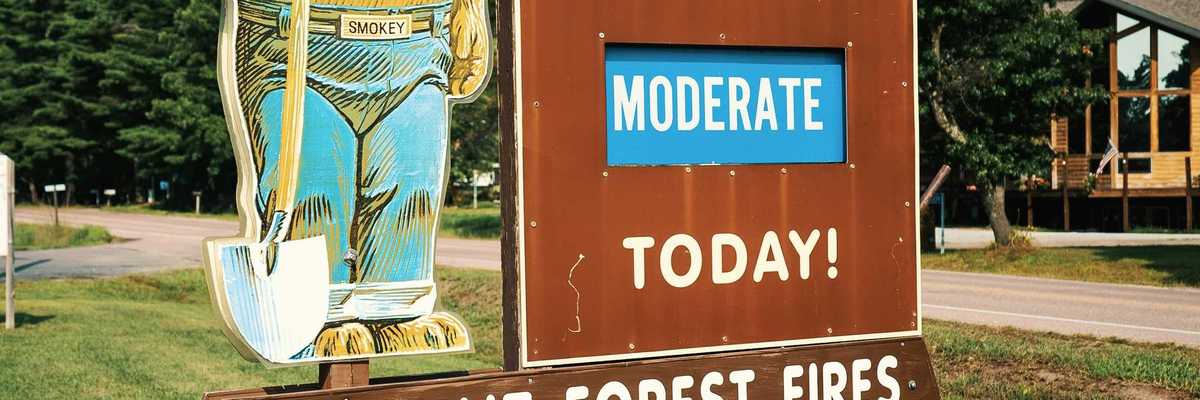pacific northwest
Report: Tribes in the Pacific Northwest face climate change funding barriers
Tribes in the Pacific Northwest struggle to access funds for climate change adaptation due to bureaucratic challenges, despite being on the frontline of climate impacts.
In short:
- Pacific Northwest tribes face severe climate impacts, like rising seas and extreme heat, but encounter bureaucratic obstacles when seeking government funds to address these issues.
- Many tribes cannot provide matching funds or staff to meet grant requirements and find that the funds they receive are limited and restrictive.
- Tribes emphasize the need for federal agencies to address these barriers and fulfill their trust responsibilities to support tribal adaptation efforts.
Key quote:
"This is a time of historic state and federal investment in climate action, and tribal priorities really need to be considered when making decisions around how we’re going to be directing this investment."
— Meade Krosby, senior author of the report by the Northwest Climate Resilience Collaborative.
Why this matters:
Coastal tribes in the U.S. face some of the most significant threats from climate change, impacting their communities and traditional ways of life. Ensuring equitable access to funding and resources is crucial for their adaptation efforts and to support broader climate resilience.
Gas pipeline expansion could fuel Pacific north-west climate emergencies
Construction could start before the new year on a gas pipeline expansion through the Pacific north-west that state officials say will undermine the region’s renewable transition and further fuel climate emergencies.
Oregon agencies support floating offshore wind project, but ask for more federal engagement
Offshore wind farms could offset billions of dollars in climate change-related costs in the Pacific Northwest
Floating wind farms off the coast of southern Oregon and northern California could triple the Pacific Northwest’s wind power capacity while offsetting potentially billions of dollars in costs for utilities, ratepayers, insurance companies, and others who bear the cost of climate change’s effects, according to new research.
NW drinking water concerns could get worse as the climate changes
Heat waves are breaking records. Here's what you need to know
Normally, heat records are broken by a few tenths of a degree. But last week in Canada near Hudson Bay–which is still covered in winter ice–a heat record was broken by a huge 7 degrees Celsius or more than 12 degrees Fahrenheit.










Mark Gongloff: Sorry, Northwest, you won’t be a climate ‘winner’